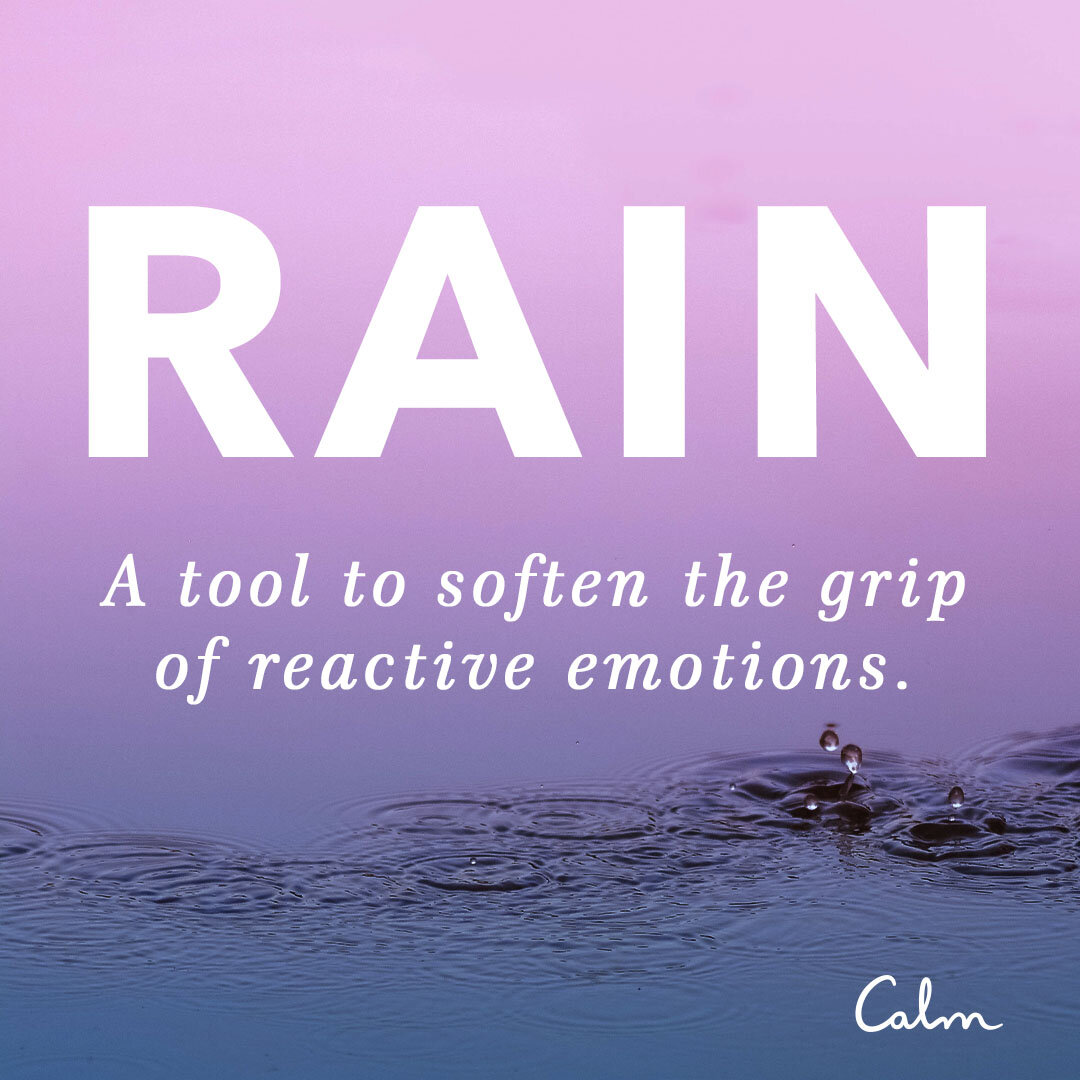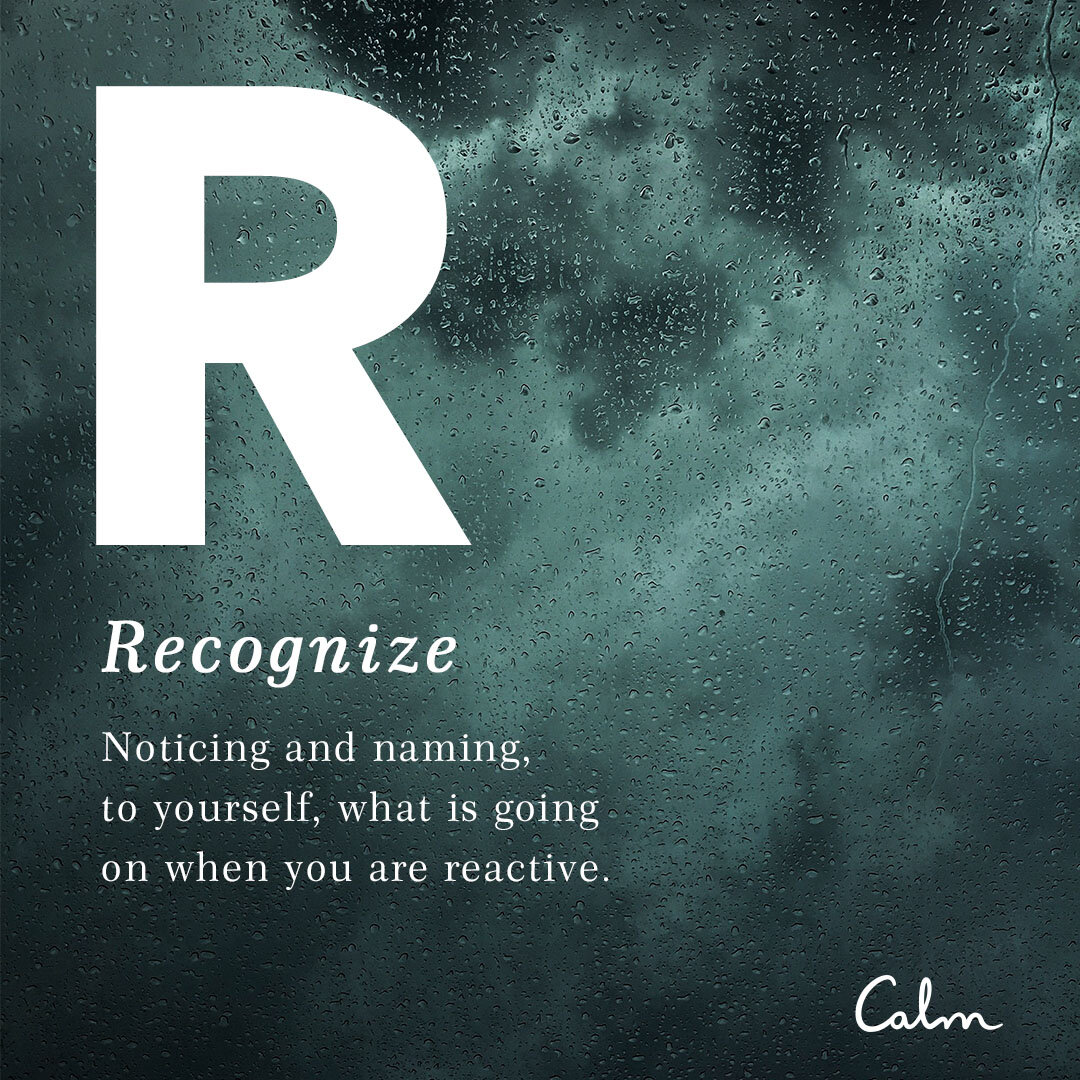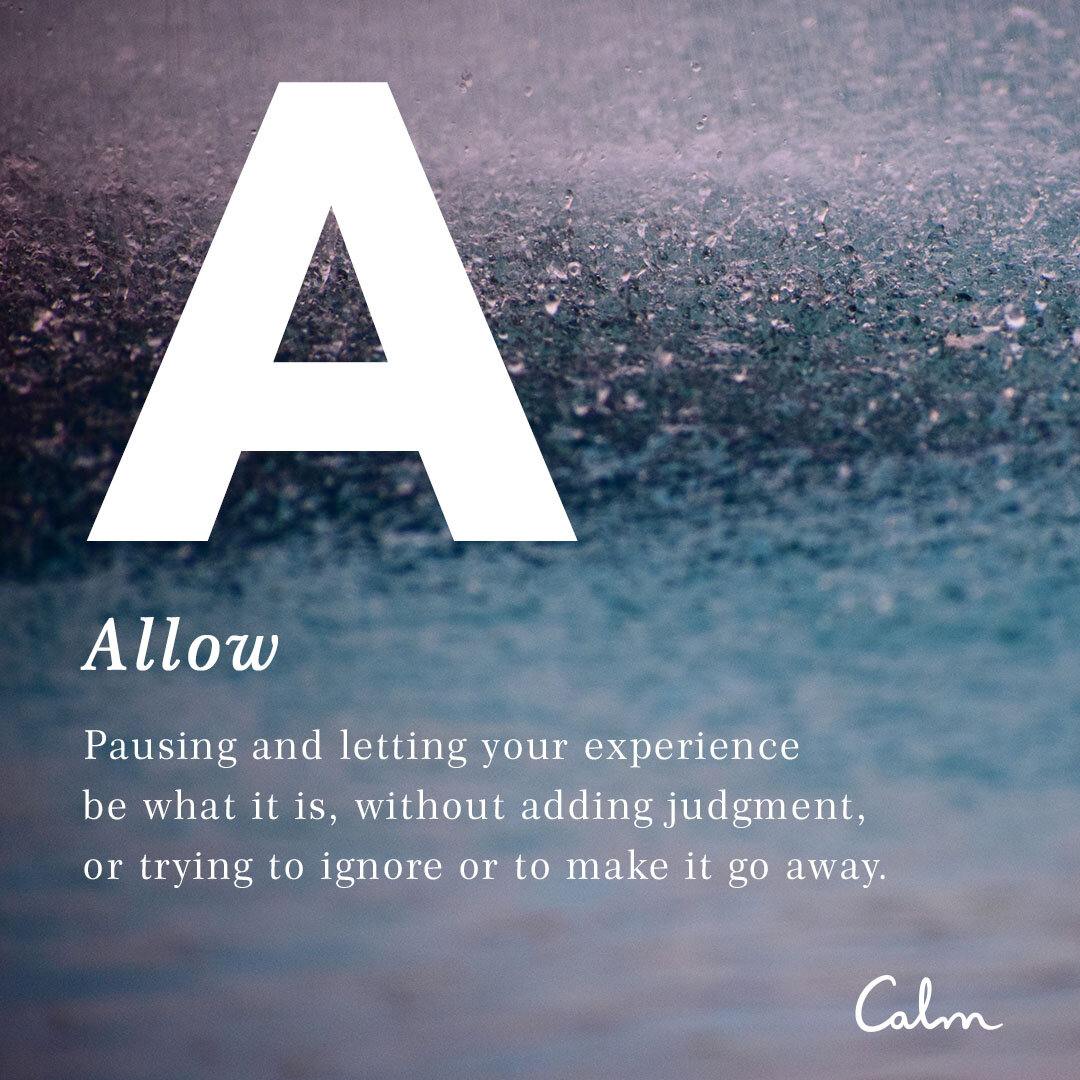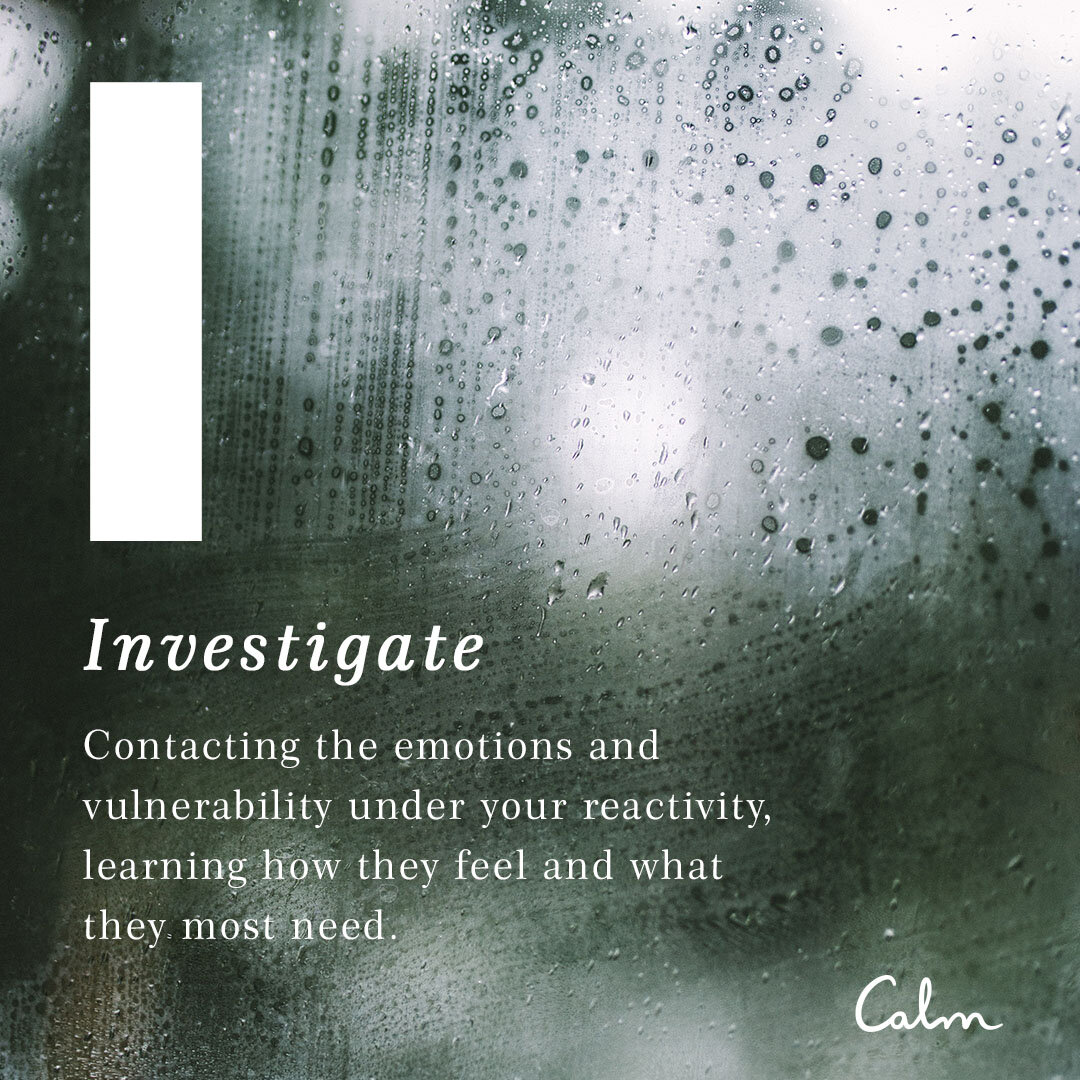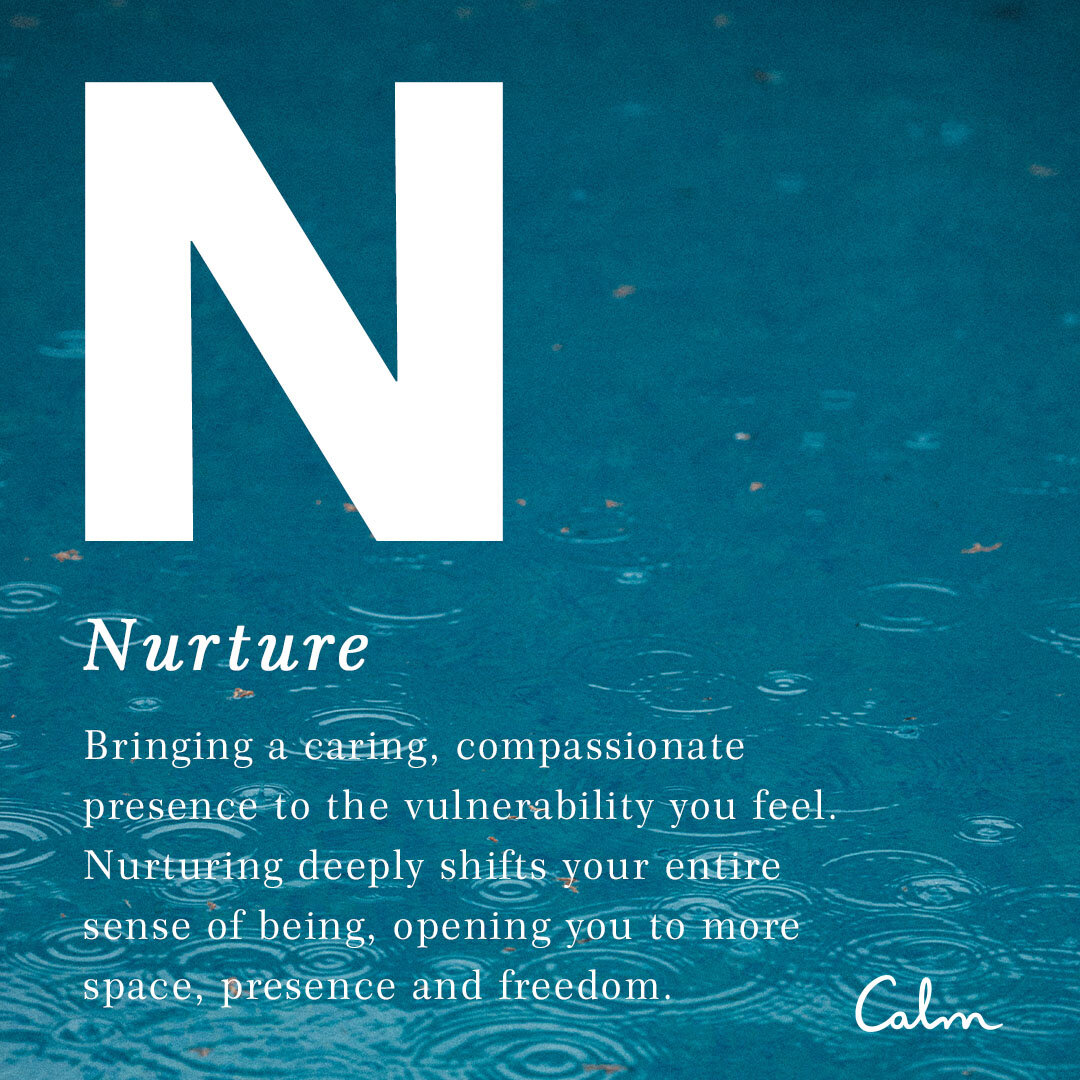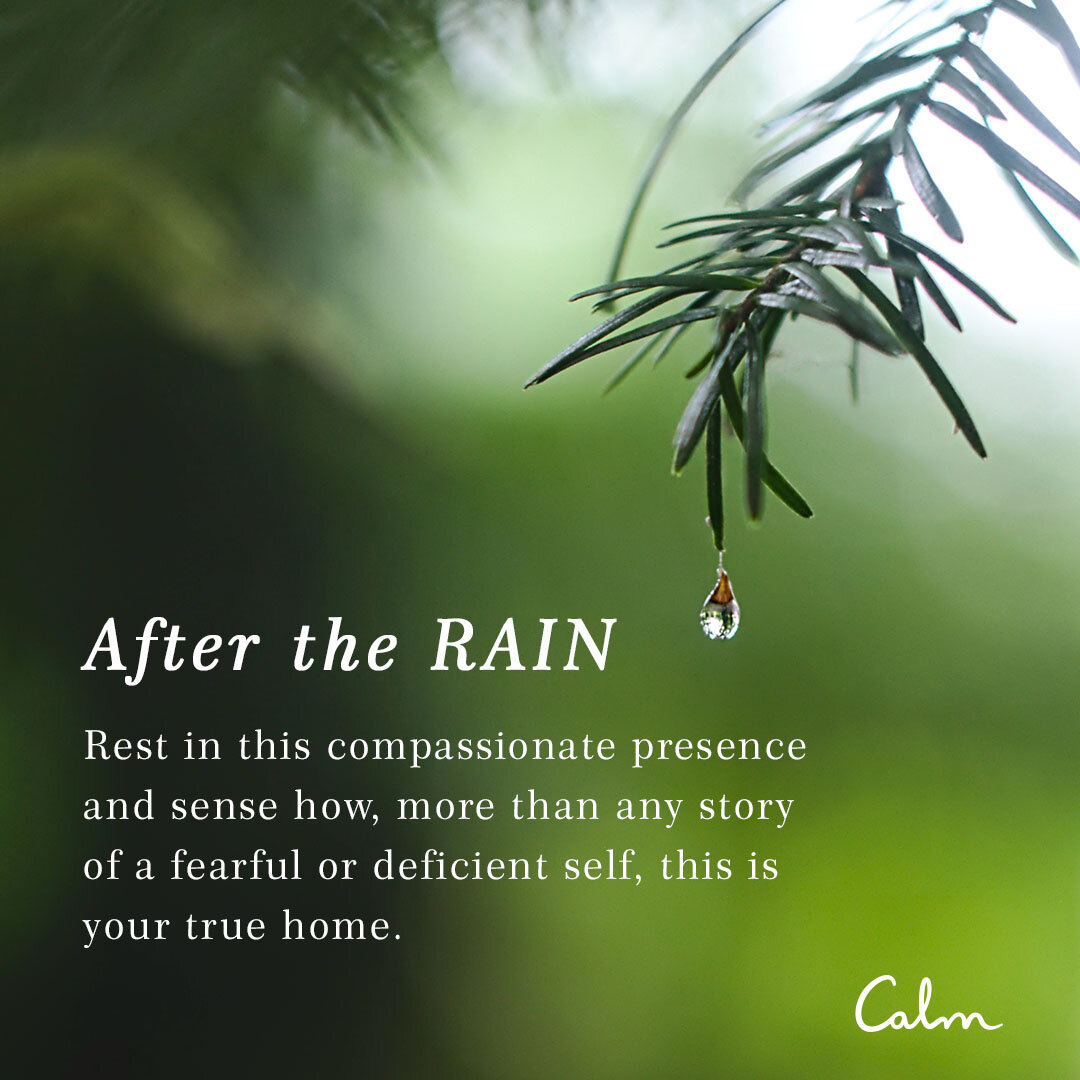Release feelings of unworthiness with Tara Brach in our latest Calm Masterclass
Explore your capacity for self-compassion with Tara Brach in our newest Calm Masterclass, Radical Compassion.
For many of us, self-judgment comes a lot easier than meeting ourselves with compassion. Our inner critic can be such a bully, hijacking our ability to connect with others, express ourselves, and experience joy. But, it doesn’t have to be this way.
We turned towards internationally renowned meditation teacher, Tara Brach, to develop a Calm Masterclass on developing self-compassion. It's full of wisdom and everday practices to transform the way we work with difficult emotions.
We recently sat down with Tara Brach to learn about her mediation journey and ask her for a few tips about developing compassion. Here’s our inspiring conversation.
Why is compassion so important?
If you fly across the country, it’s likely that the person sitting next to you either meditates or has a close friend who does. Mindfulness courses are in our schools, businesses, hospitals and the halls of Congress. We humans are at an amazing juncture in our evolutionary journey. Never in our history have so many people been intentionally cultivating states of mindfulness, clarity, balance and kindness.
Meanwhile, we’re quickly destroying our larger body…the earth; and we live in a society filled with contempt, mistrust and hostility. Sadly, even those trying to be more mindful often find themselves caught in turning those with different views or beliefs into an enemy—an “unreal other.” Individually, we are regularly at war against ourselves, fueling our feelings of deficiency and unworthiness.
“The medicine we most need, personally and collectively, is compassion. ”
We need to see the fear and vulnerability in ourselves and others and respond with care. In the deepest way, we must refuse to push anyone, including ourselves, out of our heart. Only then will we recognize and act from the truth of our mutual belonging.
Tell us more about what you mean when you say radical compassion.
There’s a wonderful teaching story of a holy man with magic so powerful it could relieve the most severe suffering. After seekers of healing traveled through the wilderness to reach him, he’d swear them to secrecy about what was next to pass between them. Once they took the vow, the holy man asked a single question: “What are you unwilling to feel?”
Radical goes to the roots: We awaken the living roots of compassion by learning to bring a gentle presence to the difficult feelings, like fear, shame and grief, that we habitually avoid.
Radical Compassion is a path for loving ourselves into healing; bringing self-compassion to the wounded parts of our own being. This loving attention naturally extends to all of life—feeling our belonging, and actively expressing our care.
Can you explain RAIN?
Radical Compassion introduces the RAIN meditation as a powerful spiritual technology to guide us in cultivating both self-compassion, as well as a loving, forgiving heart with others. I’ve taught RAIN to hundreds of thousands of people, and am regularly told: “This has changed my life.”
The RAIN practice reveals our basic goodness, and allows us to live from our full intelligence, compassion and creativity. We become part of the healing of our world—together seeking to end the bias, oppression and violence towards those human and non-human animals who are most vulnerable; and working to bring harmony and peace to our precious planet.
The four steps of RAIN are easy to learn and can be brought to any experience of emotional difficulty.
R—Recognize What’s Going On
Recognizing means consciously acknowledging, in any given moment, the thoughts, feelings, and behaviors that are affecting us.
A—Allow the Experience to be There, Just as It Is
Allowing means letting the whatever is arising to simply be there, without trying to fix or avoid anything.
I—Investigate with Interest and Care
Once we have recognized and allowed what is arising, we deepen attention through investigation. Here we call on our natural curiosity and use inquiry to fully contact and unfold our present experience. The investigation is most transformational when we step away from conceptualizing and bring our primary attention to the felt-sense in the body.
N—Nurture with Self-Compassion
Self-compassion naturally arises in the moments we recognize we are suffering. It comes into fullness as we intentionally nurture our inner life with self-care. What does the wounded, frightened or hurting place inside you most need? Can you offer some gesture of care that might address this need? Does it need a message of reassurance? forgiveness? love?
If it feels difficult to offer yourself love, bring to mind a loving being—spiritual figure, family member, friend or pet—and imagine that being’s love and wisdom flowing into you.
“When the intention to awaken self-compassion is sincere, the smallest gesture of turning towards love will nourish your heart.”
After the RAIN
When you’ve completed the active steps of RAIN, it’s important to just notice your own presence and rest in that wakeful, tender space of awareness. The fruit of RAIN is realizing that you are no longer imprisoned in any limiting sense of self. Give yourself the gift of becoming familiar with the truth and natural freedom of your being; it is mysterious and precious!
About Tara Brach
Tara Brach, PhD is an internationally renowned meditation teacher and author of bestselling Radical Acceptance and True Refuge, and her new book, Radical Compassion. Every month, over 1.5 million people around the world tune in to her weekly podcast addressing the power of meditation to relieve emotional suffering and serve spiritual awakening.
Dr. Brach leads workshops and meditation retreats in the United States and Europe. Together with colleague Jack Kornfield, she leads the Mindfulness Meditation Teacher Certification Program, which currently serves participants from around the world.


